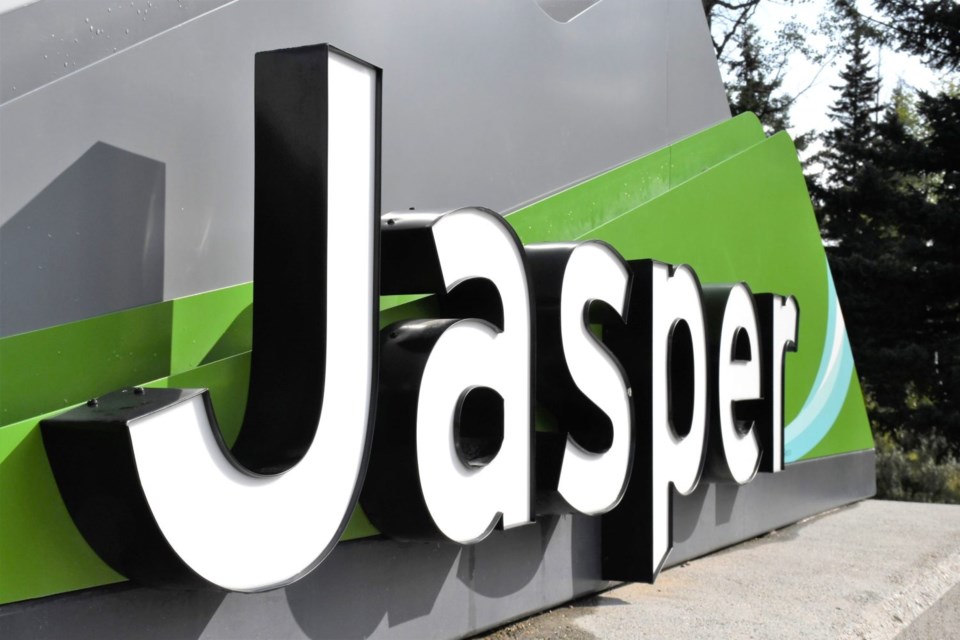The Municipality of Jasper is relying on recovery funding and land rent forgiveness for its 2025 budget amid uncertainty around its strained finances.
Budget presentations, which occurred Tuesday (Nov. 26), come during Jasper's ongoing recovery from a wildfire that destroyed nearly a third of the townsite and resulted in a loss of $300 million in assessed value.
“The community is very impacted by the loss of so many homes,” CAO Bill Given told council. “There’s obviously significant loss in municipal revenue and the potential for a significant shift in tax burden from properties that were destroyed to properties that remained.”
The municipality estimated it will lose $9.3 million in revenue between 2025 and 2027. It has requested the provincial government provide funding to offset revenue losses, but this has not been confirmed. Tax relief would be dependent on such funding.
Jasper is currently approved for $73.5 million under its application to the provincial Disaster Recovery Program (DRP). The 2025 operating budget includes around $3.5 million in DRP funding and 28 DRP-funded term positions.
The program requires the municipality to cover 10 per cent of the costs. For 2024-25, the municipal contribution is pegged at $4.3 million.
This would be equal to a 36.5 per cent increase in 2025 on top of the 4.38 per cent increase contained in the base budget proposal.
“Administration is not proposing to do that,” Given said. “Obviously, this is an item that will likely be the topic of continued advocacy by council to the provincial government, but I think it’s important for council and community to understand the financial impact of this 10 per cent.”
Coun. Wendy Hall asked why the province introduced the 10 per cent requirement for the program in 2021.
Given replied that this change was meant to ensure municipalities had “skin in the game,” particularly after the province saw significant flooding events in Canmore and southern Alberta.
“And they wanted to provide a financial disincentive that would change private and public behaviour, in essence not building in floodplains where things are going to get flooded out again and again,” he said.
He added the program didn’t seem to consider the limited financial capacity of smaller municipalities such as Jasper, particularly in a large-scale disaster.
Should the province not provide additional funding, administration will return to council with a range of options in the new year.
In light of the wildfire, Parks Canada will be foregoing more than $746,000 in land rent that the municipality normally pays each year. This is part of the $15 million in rent relief announced by the federal government last month. This support is expected to continue into 2027.
The municipality will be adding two new departments next year.
The Jasper Recovery Coordination Centre (JRCC) has been established to ensure a unified response to recovery needs. All the positions are DRP funded.
The municipality is also establishing an urban design and standards department that will handle land-use planning and development once Parks Canada hands off authority next spring.
To mitigate tax increases, the municipality has been drawing from reserves over the past five years – $1 million in 2021 and $500,000 in 2022 from the COVID recovery reserve as well as $400,000 in 2023, $350,000 in 2024 and potentially $300,000 in 2025 from the financial stabilization reserve.
“If we removed all of that support at once, it would be a significant jump in property taxes, and so the strategy over the end of last term and through this term has been to gently wind down our supportive reserves in shielding taxpayers from tax increases,” Given said.
In 2025, the municipality will have $1.4 million in debt repayment costs, up $168,140 from 2024. Given said much of the debt is from the inflated price tag for the renovations to the recreation facilities, but this year’s increase due to the transit fleet facility was relatively modest.
There is also roughly a $28,000 cost in salary progressions and full-year costs of positions that were approved in 2024.
As for community groups, fully funding all the requests would increase the net tax requisition by one per cent.
Council made several revisions to the draft budget, which included adding several positions, although these decisions may be reversed.
There was debate around establishing a full-time maintenance worker position for over $63,000 to support the Activity Centre and Jasper Arena.
Coun. Scott Wilson said he wanted to wait until renovations were completed at the facility to see if the position was needed.
“I don’t think this is the year to be adding positions,” added Coun. Helen Kelleher-Empey. “We’ve got a lot of positions through JRCC, and we are going to be paying 10 per cent of that down the road.”
Mayor Richard Ireland supported the amendment, since the budget would come back to council at a future meeting, and noted the municipality was spending millions on an upgraded facility.
“If we determine for $60,000 not to have staff that can operate it, that is a worse scenario from my perspective,” Ireland said.
The motion passed 5-2, with Wilson and Kelleher-Empey voting against.
Council also debated adding a full-time position worth $80,000 that would help the operations department co-ordinate contractors. Given said this would let operation mangers be able to focus more on developing and supporting staff.
“I really didn’t want to go in adding positions this year, but from past history, these people need some help,” said Coun. Rico Damota. “We’re investing in a lot in this infrastructure, and we need to make sure that our projects are going [well].”
Ireland spoke against including this position, saying under better circumstances, he may have advocated for a position that co-ordinated all of the municipality’s contracts, rather than just for operations.
“I just fear that this is not the time to be adding to the budget for a new position,” he said.
The motion passed 4-3, with Ireland, Hall and Kelleher-Empey opposed.
Council is expected to approve the budget either on Dec. 5 or 17.




